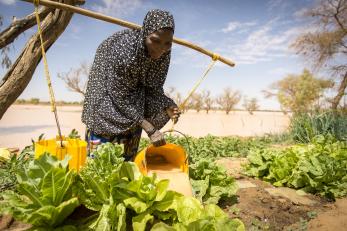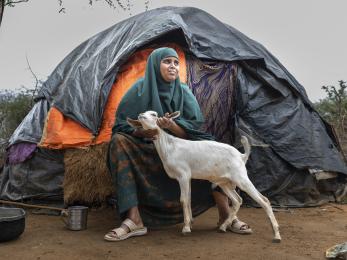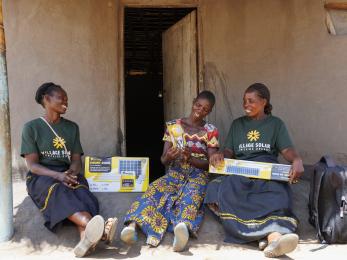Strategic Resilience Assessment in Niger

Food insecurity persists in Niger in spite of the billions of dollars of international aid received over the last 40 years. Recurrent cycles of drought, a diminishing water supply, locust invasions, food price spikes and rising instability in neighboring countries are among the conspiring threats that compromise Nigeriens’ development progress.
Mercy Corps and local partners conducted a country-level Strategic Resilience Assessment (STRESS) to deepen our understanding of the complex systems that support food security in the Sahel’s fastest-growing country. The result is a theory of change depicting what combination of resilience capacities are most needed in Niger for agropastoralist women, men, girls and boys to successfully manage risks into the future.
The STRESS findings highlight the necessity of investing in the human capital of women and youth, the need to move away from reliance on rain-fed agriculture but with a sound understanding of water resource systems, the prominent role of accountable governance at all levels and the key leadership role that individuals, communities and civil society play in advancing transformative strategies.
Download a summary of the STRESS findings in English ▸
Download the Niger STRESS Report in English ▸
Download the Niger STRESS Report in French ▸
Watch a video - Resilience in Niger: Transforming the Way We Learn and Work ▸

